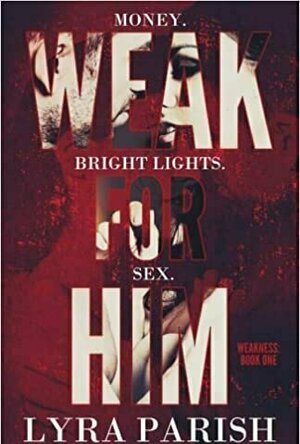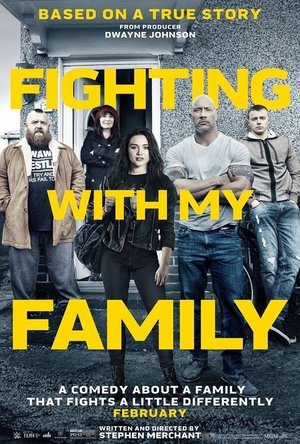Leanne Crabtree (480 KP) rated Weak for Him (Weakness, #1) in Books
Jan 11, 2021
And that is pretty much what happened in this. You could see that there was something between Jennifer and Finnley, some spark that could become great if they both gave in. But nope. Not that simple. Finnley had the whole I-won't-(not can't)-have-you-but-no-one-else-can-either thing going on, which I must say is totally unfair to Jennifer.
That being said, the way he paraded around his conquests at times I wanted to smack him and don't blame Jennifer for trying to find love somewhere else.
The continuous back and forth between Finn and Jennifer was at times annoying and at others I melted a little towards him. This was definitely a couple I got emotionally involved with.
That epilogue was very insightful and I am so glad that the author wrote it. It added an extra element to see it all from Finn's eyes.
I am very interested in reading the rest of the series.
Bubba Gee (147 KP) rated Fighting with My Family (2019) in Movies
Jun 24, 2019
The Brother Zak and sister Saraya compete in small venues managed by their father and mother who were also professional wrestlers many years earlier.
It is zaks dream to reach the pinnacle of professional wrestling the wwe.
It somehow feels as a youngster that Saraya is pressured onto wrestling and has no real interest.
Herself and Zak try out for wwe in London and Saraya is chosen to go to the second round of auditions in Florida USA.
This does not sit well with Zak as this is his dream.
Cue family drama, this However is well done and not forced, it feels very real of what happens inside many families.
Paige of course reaches the top and takes on the Diva Champion AJ Lee for the title on smack down the night after Wrestlemania xxx.
The true story of the youngest WWE Diva champion at 21 is thoughtfully and well played out by all in the cast.
Major Credit to the writer and producer Stephen Merchant and also to Dwayne Johnson as producer as I'm sure having him on board lent a lot of authenticity to this movie.
Some fun cameos too from Big Show and Seamus.
A1 guys
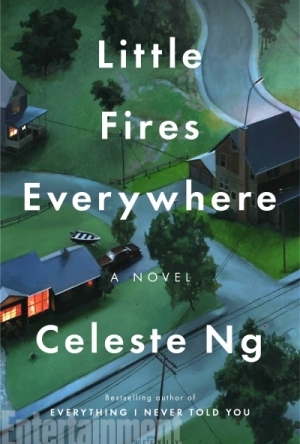
Little Fires Everywhere
Book
In Shaker Heights, a placid, progressive suburb of Cleveland, everything is planned – from the...

Love, Creekwood
Book
A gorgeously romantic new novella set in the world of Becky Albertalli's bestselling and beloved...
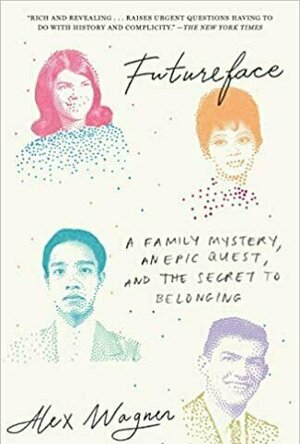
Futureface: A Family Mystery, an Epic Quest, and the Secret to Belonging
Book
The daughter of a Burmese mother and a white American father, Alex Wagner grew up thinking of...

The Bomber Mafia
Book
The international bestselling author returns with an exploration of one of the grandest obsessions...
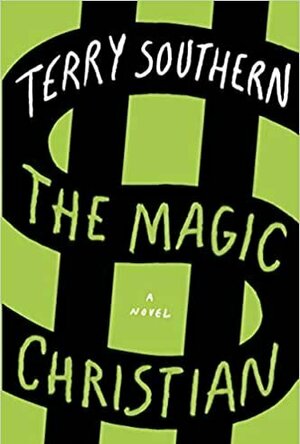
The Magic Christian
Book
As the novelist of Flash and Filigree and The Magic Christian and cowriter of Dr. Strangelove and...

She Has A Broken Thing Where Her Heart Should Be
Book
A haunting tale of suspense, rendered with the masterful skill only Barker could muster. After...
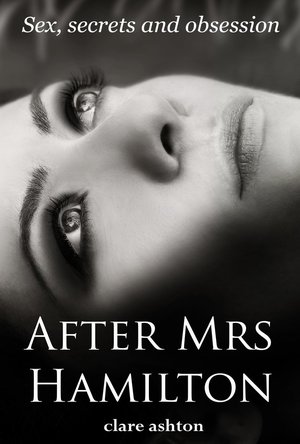
After Mrs Hamilton
Book
Golden Crown Literary Society award winner - After Mrs. Hamilton - a twisting tale of sex, secrets,...
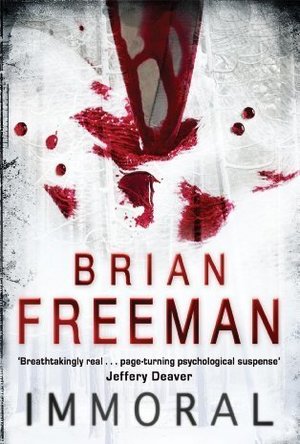
Immoral (Jonathan Stride, #1)
Book
In a moral world... murder is the ultimate crime... Brian Freeman, author of The Night Bird and...
